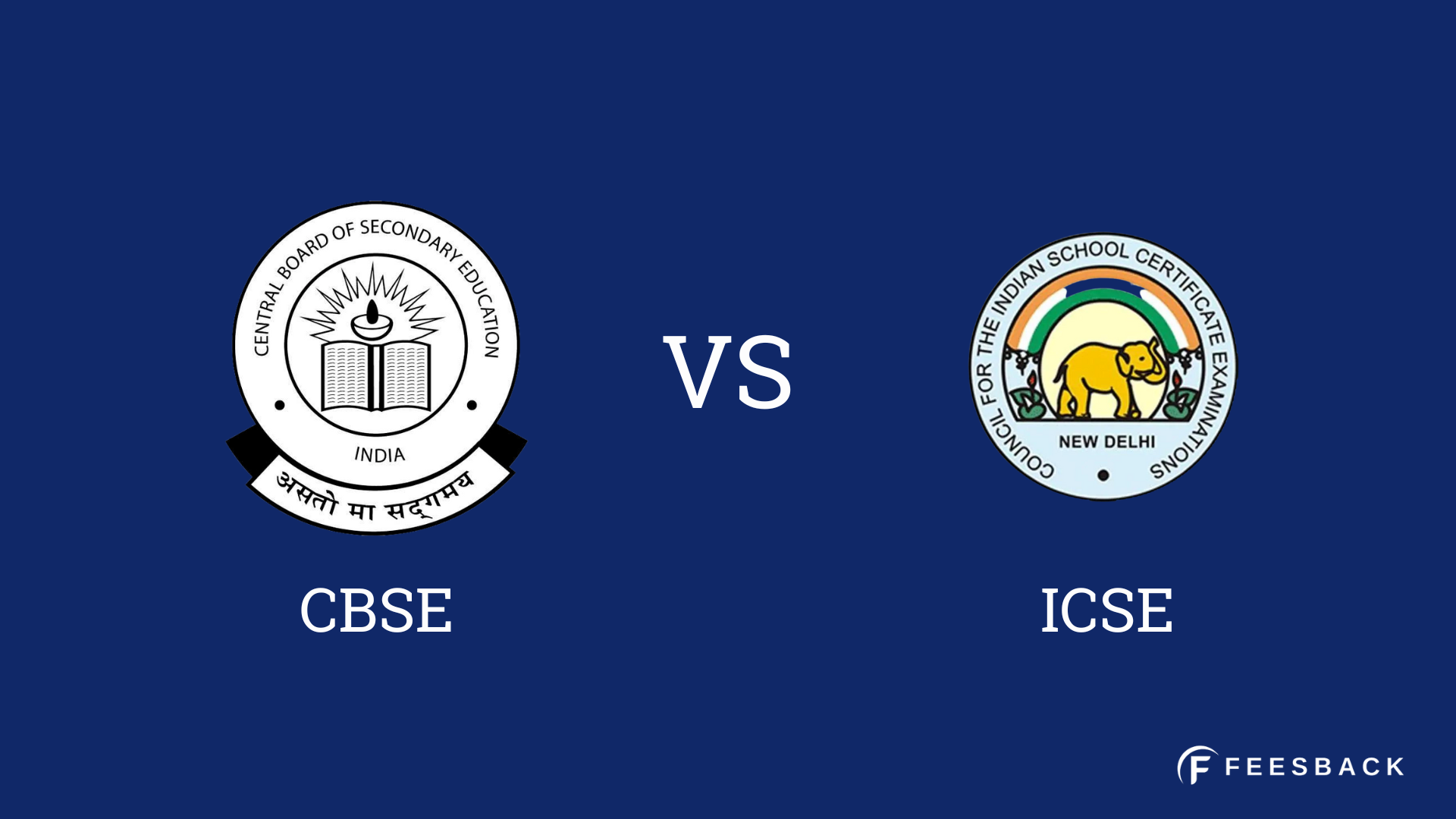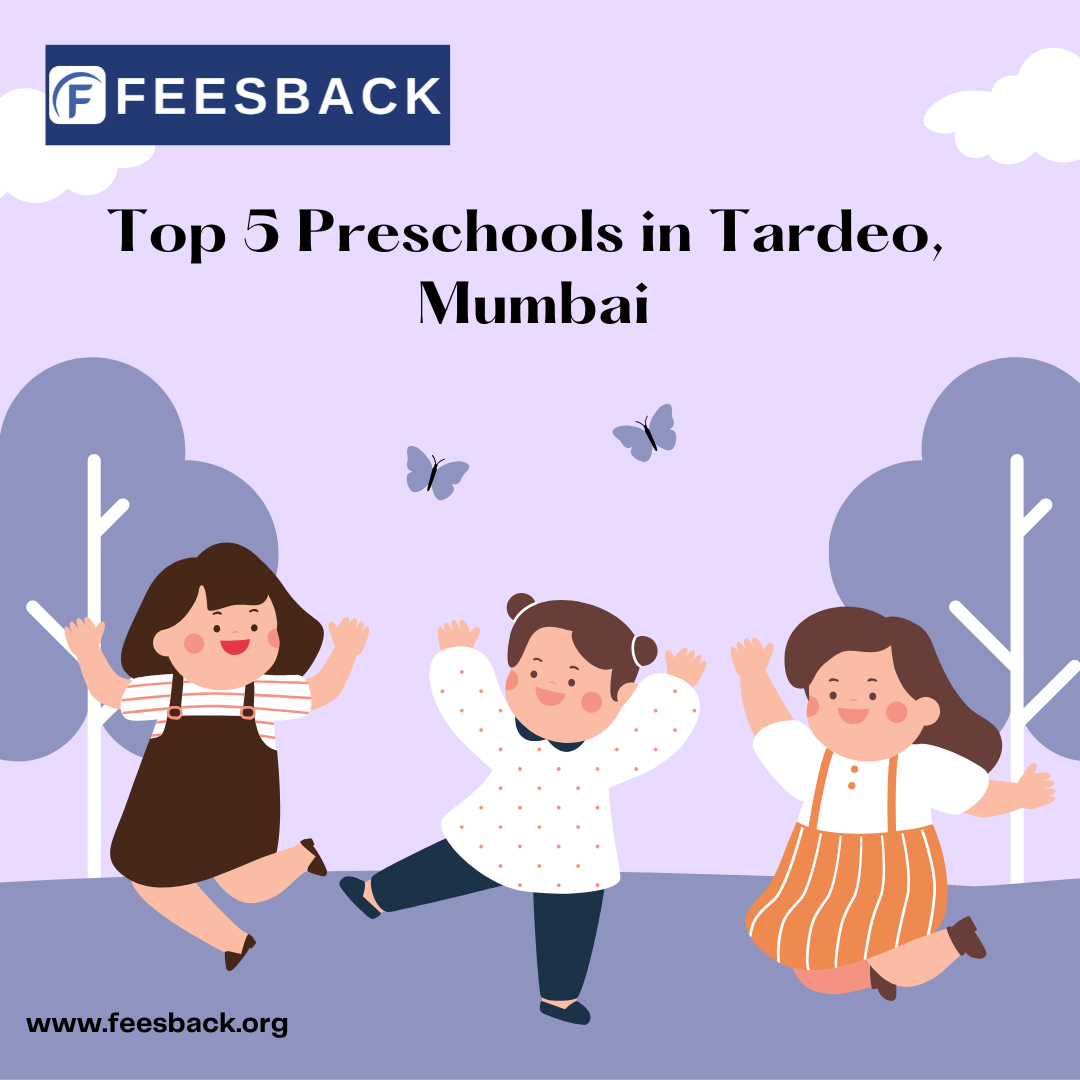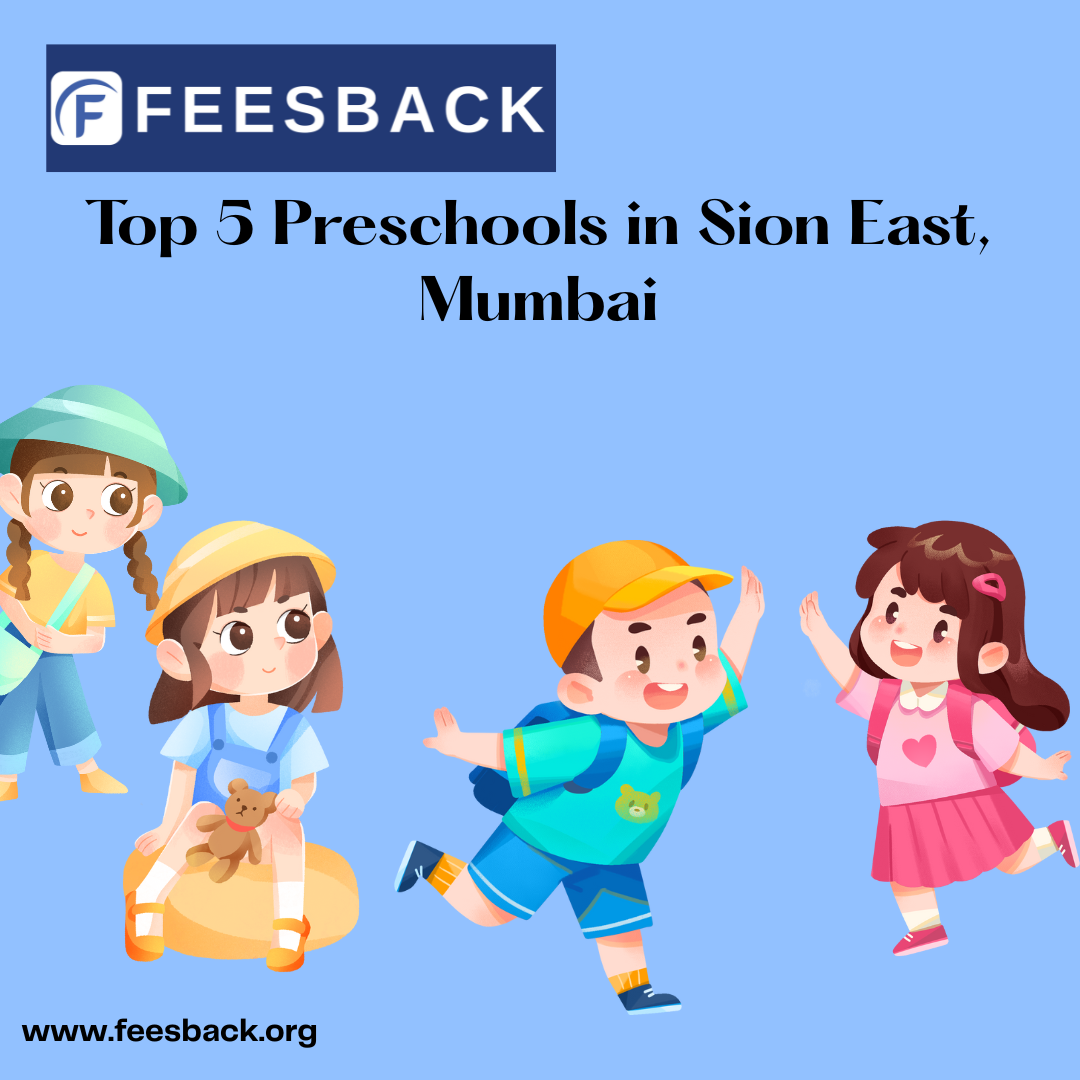The decision of which board is best for a student largely depends on their learning style, career aspirations and which board is more prevalent in the area where the student lives.
Understanding the Differences: Curriculum, Evaluation, and Popularity
The Central Board of Secondary Education (CBSE) is a national level board of education in India for public and private schools, controlled and managed by Union Government of India. The Indian Certificate of Secondary Education (ICSE) is a private, non-government board of education in India for schools that are affiliated with it.
Curriculum Comparison: CBSE vs ICSE
One key difference between the two boards is the curriculum. CBSE follows a curriculum set by the National Council of Educational Research and Training (NCERT) while ICSE follows its own curriculum which is considered to be more rigorous and comprehensive. The CBSE curriculum is designed to be comprehensive and balanced, covering subjects such as mathematics, science, social science, languages, and vocational subjects. The CBSE board also places an emphasis on practical, project-based learning, and critical thinking. On the other hand, the ICSE curriculum is developed and set by the Council for the Indian School Certificate Examinations (CISCE) and is followed by schools affiliated to the ICSE board. The ICSE curriculum is considered more rigorous and comprehensive than the CBSE curriculum. It includes subjects such as mathematics, science, social science, languages, and vocational subjects, but also includes additional subjects such as Environmental Science, Physical Education, and Computer Applications. The ICSE board also places an emphasis on critical thinking, analytical reasoning, and problem-solving skills. In terms of language, CBSE follows a three-language formula where students study two languages in addition to their mother tongue, while ICSE follows a two-language formula, where students study one language in addition to their mother tongue.
Evaluation Methods: Single Board Exam vs Two Board Exams
Another difference is the way they evaluate students. CBSE conducts a single board exam at the end of Class 10 and Class 12, while ICSE conducts two board exams, one at the end of Class 10 and another at the end of Class 12.
Popularity and Prevalence: CBSE vs ICSE
In terms of popularity, CBSE is more popular in India as it has more affiliated schools as compared to ICSE. But ICSE is considered more challenging and is more preferred by students who wish to pursue higher studies abroad.
Making the Right Choice: Factors to Consider and How to Decide
For students who prefer a more structured and standardized curriculum, CBSE may be the better choice. However, for students who wish to have a more comprehensive and challenging curriculum, ICSE may be the better choice. The choice between the two would largely depend on a student's learning style, career aspirations, and the prevalent board in the area where the student lives.
Conclusion: Both CBSE and ICSE have their own strengths and weaknesses
It is advisable for students and parents to research both boards and consult with teachers and counselors to make an informed decision. Ultimately, what matters most is the student's academic performance, and both CBSE and ICSE have the potential to provide students with a strong foundation for higher education and career opportunities.




